
PHOTOGRAPHY
05-02-2024 by Freddie del Curatolo
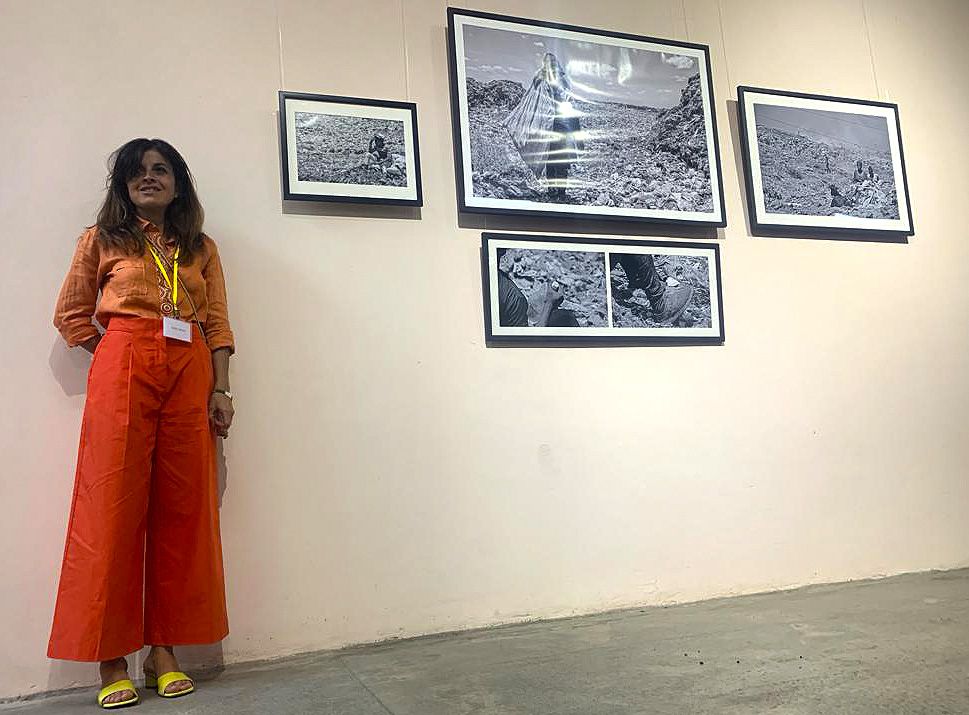
There is not only "our" Leni Frau, in the interesting group photo exhibition 'Ubuntu, Humanity and Environment' that opened last Saturday at the Ardhi Gallery in Nairobi, with a large public turnout right from the start.
The Italian photographer in Kenya focuses on the life and history of local communities and individuals, with an eye to social issues and the same passion as the writer for overturning certain clichés about Africa through a realistic narrative that can sometimes annoy both short-sighted 'goodism' as well as to the resignation of those who see no future other than pasturing in neo-colonialism, he exhibited shots from his series 'No ghosts in Dandora', along with those of 19 other Kenyan, African and Dutch artists who share visions of 'resilience, interaction with the drifts of humanity and the environment' with their own personal way of representing them.
The most captivating aspect of the exhibition, curated by Myrna van der Veen, herself the author of a spectacular, almost pictorial vision of Lake Magadi, is precisely the personalisation, i.e. how each photographer has highlighted very similar situations, such as degradation, suffering, illness, exclusion, reconquest of the environment and the search for one's own space, using original narrative methods and working the images produced in their own way.
The stark reality takes centre stage in the array of works exhibited in this young and captivating creative hub not far from Wilson Airport. In this, the Mwelu Foundation is the 'host', which from the Mathare slum, thanks to the photographer Julius Mwelu who began in a rudimentary way by filming the post-election violence of 2007 that precisely in Mathare had devastating effects, with dozens of deaths, and has gradually documented life in the slum, growing a school of young talents who have taken an alternative route to the 'dead end' of life on the fringes of legality and hope.
'I had two alternatives in those years to emerge and not sink,' Mwelu explained, 'either shoot with a gun or shoot with a camera. I chose the latter and now I try to give others the choice too'. The images are sometimes stark, sometimes didactic but they still give hope and there is also talent. Just as there is beauty in the bright colours of the Nubian wedding in the capital's other big slum, Kibera, in Kevin Kimani's lens, and in the living, speaking images of Alfred Wango, also from Kibera.
A different discourse deserves Dennis Otieno, a conceptual artist who stages 'talking pictures', setting up real sets in the middle of the city and narrating the changes and the dangers of their unsustainability. In the midst of many other interesting Kenyan artists and the Ghanaian Lomotey, "Ubuntu" also presents images by Dutch masters that strike at the heart and are linked with a direct thread to social initiatives: Erik Hijweege's striking portraits of albino boys and Jeroen Van Loon's reportage on cancer patients, with black and white images and a pitiless use of light that cannot leave one indifferent.
In the midst of this panorama of bravura almost never an end in itself, Leni's images on the women of the Dandora rubbish dump, the largest and most degraded in Africa, fit in well.
Images documenting the photographer's journey together with the women who collect rubbish by trade and live in conditions of total degradation.
With minimal use of post-production, letting the photograph mirror reality as much as possible, Leni walked with the women rubbish pickers under the scorching midday sun (now repudiated by photographers, because of the light everywhere) in a terribly surreal landscape, amidst unbreathable air and conditions bordering on the human, where the clichés of those who simply see the unjust are overturned.
"The realism of the 'waste pickers' strikes to the stomach and silences any form of easy goodness or pietism, even in good faith," reiterated the Marche-born photographer. "The waste pickers are not 'ghosts' as the media often define them, they rather want to be considered as workers, and they fight to be recognised as such, to have the rights that other workers have, just because they work in less degrading conditions".
Ubuntu will be on display for the entire month of February at the Ardhi Gallery (Ole Sangale Link Road), every day except Mondays, from 10 am to 8 pm. Admission is free.
ART & CULTURE
by redazione
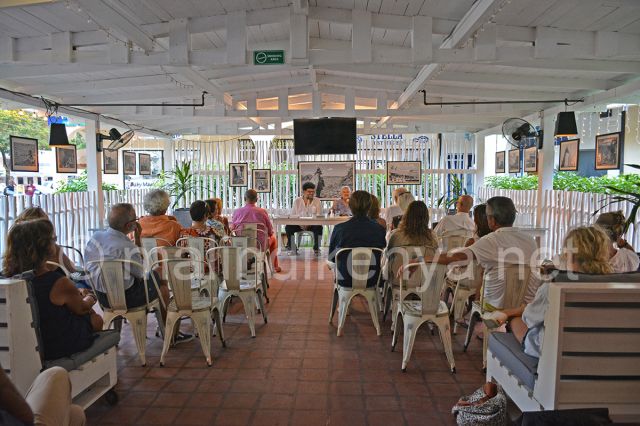
The exhibition "Nairobi, the visible city" by photographer Leni Frau, stage name of Maddalena Stefanelli, soul...
EVENTS
by redazione
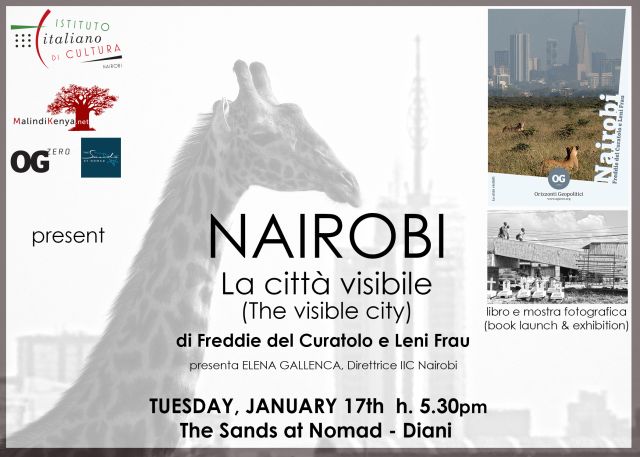
For next Tuesday, Jan. 17, at "The Sands at Nomad" in Diani, the Italian Cultural Institute in Nairobi has...
PERSONS
by redazione

She landed in Kenya years ago from Italy with a passion for Africa and photography and now tells the...
EVENTS
by Freddie del Curatolo

On the occasion of Italian Cuisine Week in the World, which will end on Sunday, November 20, an original...
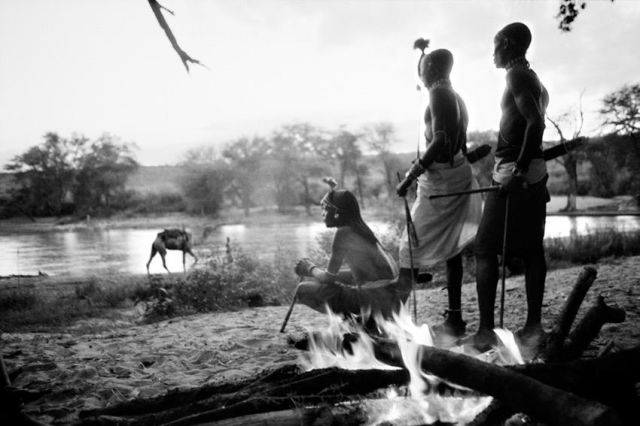
The Sands in association with Almasi Art Agency will be holding an art exhibition at...
EXHIBITION
by Freddie del Curatolo

In the presence of the Ambassador of Italy in Kenya Alberto Pieri, in the historical and fascinating...
CREATIONS
by Freddie del Curatolo

When Italian women's creativity meets in fertile ground like Kenya's, beautiful and unique things...
BOOK AND EXHIBITION
by redazione

NEWS
by redazione

The director of the portal of Italians in Kenya, Alfredo "Freddie" del Curatolo, will receive the...
PHOTOGRAPHY
by redazione

There is also the gaze of our Italian photographer Leni Frau within the interesting contemporary art...
EXHIBITION
by Freddie del Curatolo

Genoa like Mombasa? It's not a provocation or even a too risky similarity, especially if you consider that both...
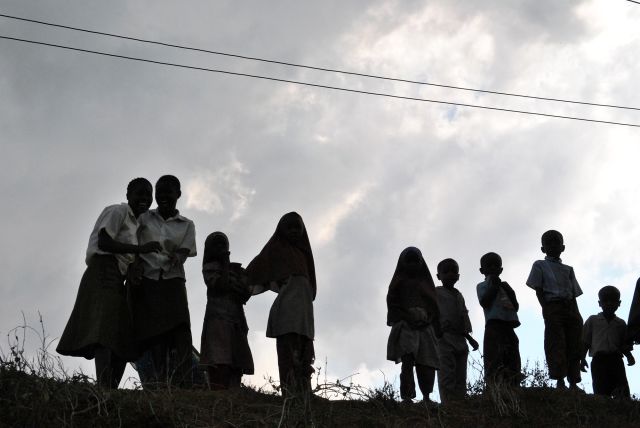
You have stopped at the roadside and are...
EVENTI
by redazione
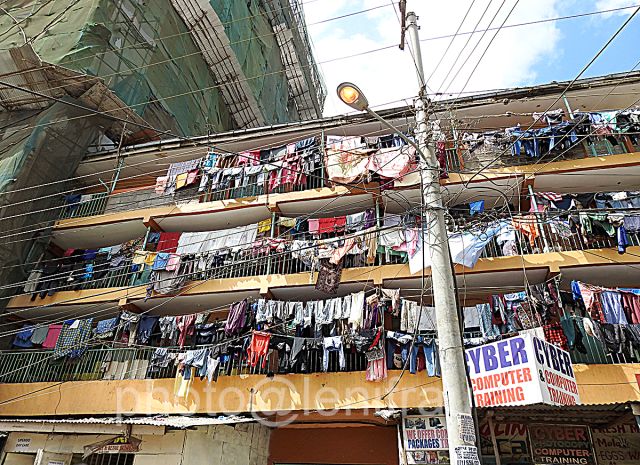
After the success in terms of attendance (and with great joy also in terms of book sales...) of the...
EXHIBITION
by redazione
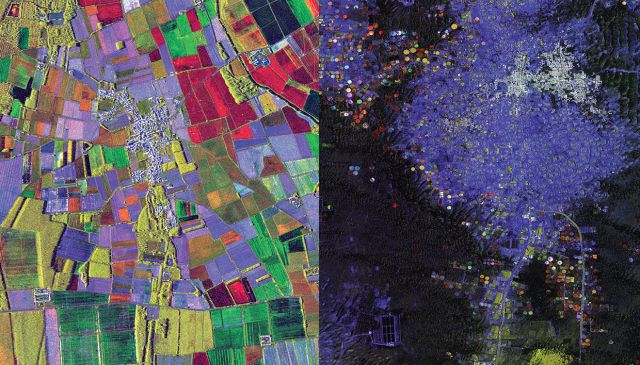
These days at the National Museum of Kenya, in the "Creativity Gallery" space, the Italian...